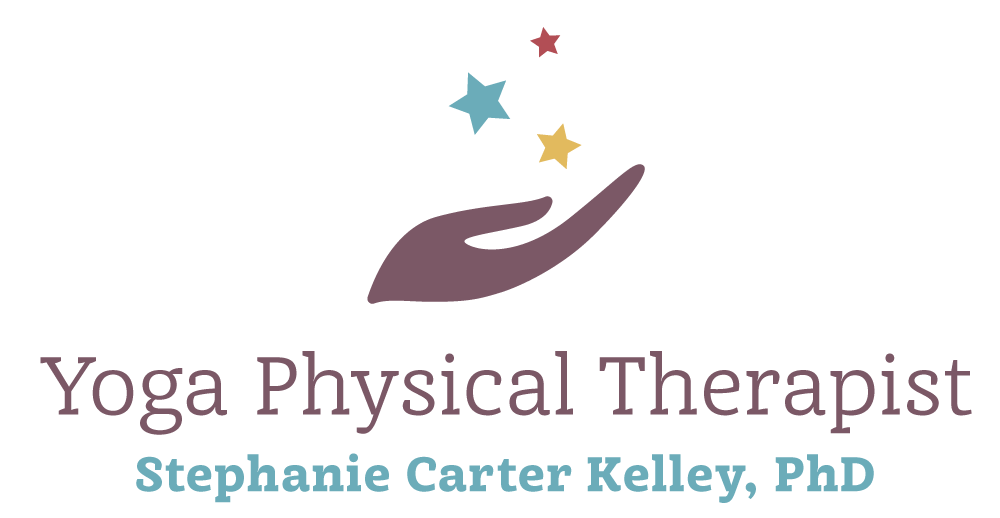I had a discussion with my yoga students about posture. This group of women are all in their 50s and 60s, and each of them (like me) remember a grandmother or other adult admonishing them for a bad posture. We talked a little about why there is an emphasis on a good posture in our culture. Our conversation led me to look into the history of posture. I found this statement from an interesting website, ThePowerofPosture.net:
"In 18th century middle-class society, proper posture was an essential ingredient in formal situations. The body positioning of strangers was shrewdly evaluated as a measurement of upbringing, physical attractiveness, trustworthiness, self-control, and dignity. Respectable people regarded erect posture as the very thing that set us apart from the animals. Likewise, collapsed posture was seen as a manifestation of immorality and stupidity, a symptom of poor character that lead to things like masturbation and other failures of self-control."
With those strong statements you can understand how our beliefs around posture were formed. I wonder how close you hold the belief that our posture tells us something about the essence of the person? In my training as a physical therapist, my beliefs about posture and whether posture is an "impairment" have changed over the years. In my early career, I was trained to believe that we could "train" and ultimately "change" someone's posture. But with practice, I began to doubt whether real change in someone's posture could be sustained. When posture was the main focus of treatment, it led to frustration on both the patient and my part. I also began to wonder how much a person's posture really "resulted" in someone’s pain. So over my years of practice and now integrating yoga, I have a broader perspective regarding the role that posture plays in our lives, Body, Mind and Spirit.
Body:
I believe that MOVEMENT in and out of posture is much more important than MAINTAINING a STATIC posture. It seems that no matter what posture we assume: sitting, standing, slumped or erect; if we sustain that posture for LONG periods of time there will be trouble. Joan Vernikos, in her book Sitting Kills, Moving Heals, states that the problem is not how much we sit during the day (8 hours +), but how long we sustain that posture without moving. She advocates frequent low-intensity movement throughout the day to combat the negative effects of sustained sitting.
Mental:
I have seen how changing a person's posture can change also their attitude and affect.
Try the alignment practice describe in the video placing 3 points of your body along the wall.
Do you notice a difference in your mind and body between these two positions?
When I did this activity at a health fair, the majority of people said yes, they could feel a difference in their body. The improved posture brought awareness to their breath filling lower into the body, chest or belly. But what was also amazing was how the look on their faces transformed. With an improved upright posture, people raised their eyebrows and the corners of the mouth, that's right, into a SMILE.
Spirit:
Why is it so hard to maintain a "good" posture? Many Physical Therapists and others "Body Workers" focus so much on our posture as the source of pain in the neck and back. I believe that if it was ONLY a problem of the body, then it would be an easy fix. Improving strength and flexibility should be enough. We blame our jobs, our computers, and our hand held devices on a curved spine.
But I have come to view this curved spine as a protective position. We wear this curved spine like a “Turtle Shell or Amour of Protection”. Some people even have their shoulders drawn up around their ears. So I have wondered, what are we trying to protect? Our heart as the source of love? Our throats as the center of expression? Maybe our efforts should be focused on how to allow our Spirit to Shine and our True Self to emerge.
Brene Brown, in her book Braving the Wilderness, says for wholehearted living you need to have a Strong Back (COURAGE), a Soft Front (LOVE AND ACCEPTANCE, even for yourself), and a Wild Heart (LIVE YOUR TRUEST SELF).
I think that advice just may be the solution to the postural dilemma.
Namaste,
Stephanie
